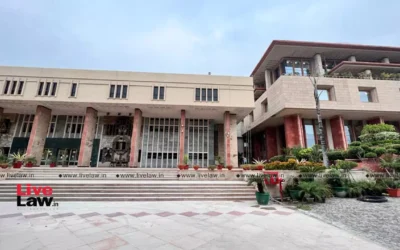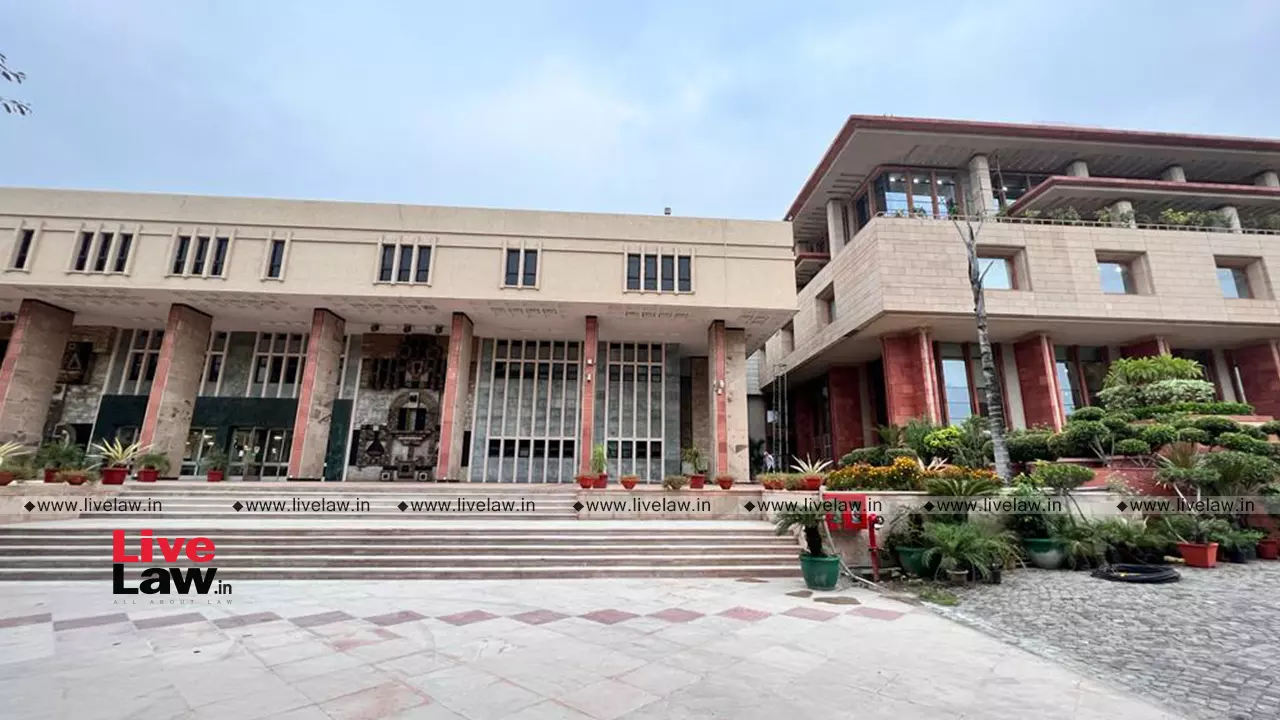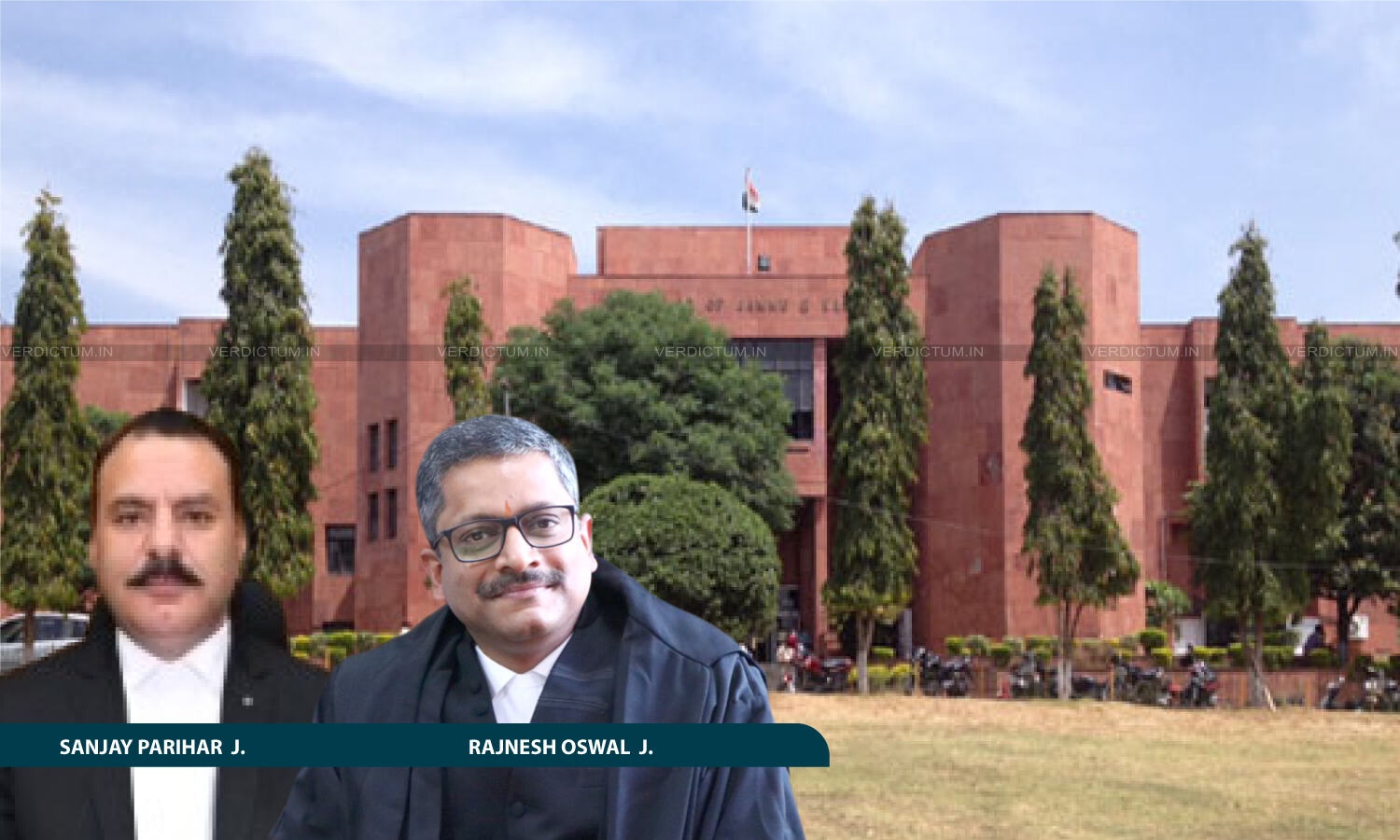NCDRC Holds New India Assurance Liable For Deficiency In Service
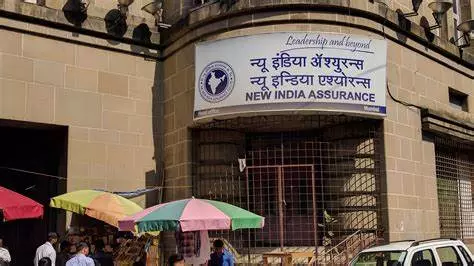
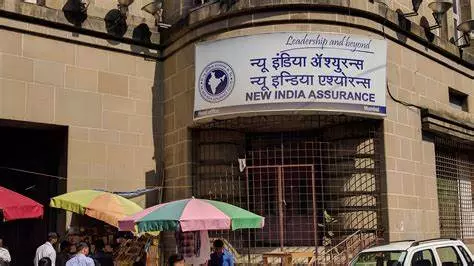
The National Consumer Disputes Redressal Commission, presided over by Dr. Inder Jit Singh and Dr. Sudhir Kumar Jain, held that the insurance compensation should match the real value of the goods on the date of the loss, not assumptions.
Brief Facts of the Case
The complainant, running an authorised Ashok Leyland service centre, had taken a Shopkeeper’s Insurance Policy from New India Assurance/insurer for his workshop. In July, heavy rainwater entered the premises and damaged spare parts and lubricants. After reporting the incident and filing a claim for ₹15.15 lakhs, the insurer only paid ₹5.09 lakhs after deducting underinsurance. He complained to the District Commission about an alleged service deficiency, but his complaint was rejected. The complainant then filed an appeal with the Chhattisgarh State Commission. The State Commission ordered the insurer to pay the ₹2,08,060 that was withheld, plus 9% interest, overturning the District Forum’s dismissal. It ruled that the underinsurance deduction was arbitrary and lacked sufficient proof. The insurer then filed a revision petition before the National Commission under section 21(1)(b) of the Consumer Protection Act 1986.
Contentions of New India Assurance
According to the surveyor’s report, which valued the stock at more than ₹1.03 crores, the insurer contended that the complainant had underinsured the stock by more than 27.3%. According to the policy, they said this warranted a ₹2,08,060 deduction. Additionally, they noted that the complainant did not object to the ₹5.09 lakhs RTGS settlement, which they claimed was a final settlement. Furthermore, they argued that certain damaged items were not covered by the policy because they were kept off the premises of the insured store. They relied on the surveyor’s assessment and asserted there was no deficiency in service.
Observations by the National Commission
The National Commission observed that the insurer’s deduction of ₹2,08,060 for underinsurance was not justified. It noted that the surveyor had valued the stock at ₹1.03 crore without proper documents. The sum insured was matched by the average stock price during the insured period, which was between ₹75 and ₹77 lakhs. The Commission held that compensation must be based on actual value at the time of loss, not assumptions, citing Sikka Papers Ltd. v. National Insurance Co. (2009) 7 SCC 777. Additionally, it held that unless the insurer can demonstrate that the acceptance was voluntary and informed, accepting RTGS payment does not prevent someone from bringing a lawsuit. In order to reject arbitrary deductions, it cited Sumit Kumar Saha v. Reliance General Insurance Co. Ltd. (2019) 16 SCC 370 and New India Assurance Co. Ltd. v. M/s Madhav Automotive Fasteners (FA/1791/2018).
The Commission dismissed the revision petition and concluded the deduction was arbitrary. It ordered the insurer to pay ₹2,08,060 with 9% interest and 12% if not paid within six weeks.
Case Title: The New India Assurance Co. Ltd. Vs. Ajay Agarwal
Case Number: R.P. No. 3725 of 2017

